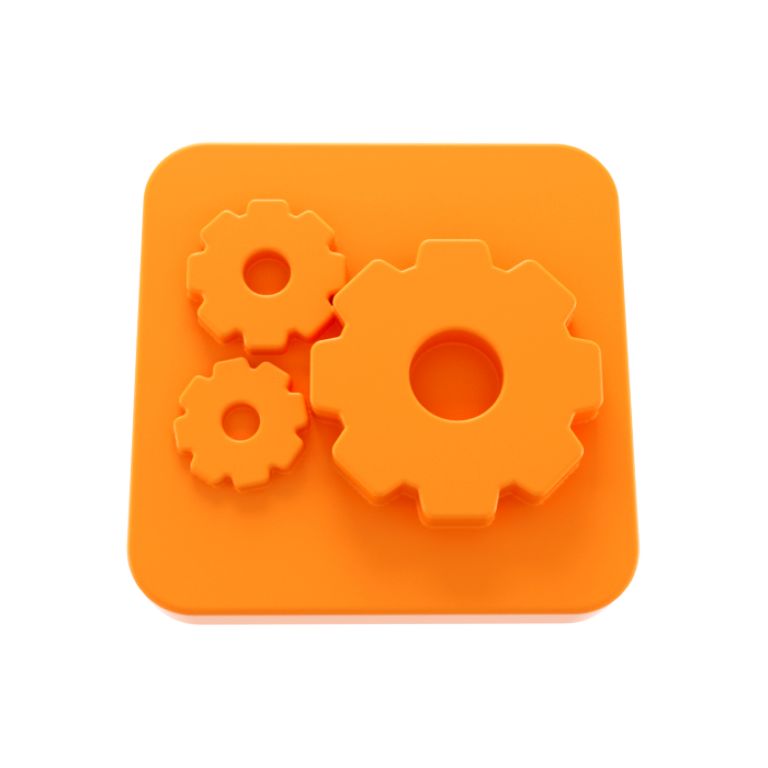When do you choose a DXP and when do you opt for a CMS?
Let's be honest, the world of content management can be quite overwhelming. In the early days of the internet, it was simple: you had a website and you used a CMS for that, or you made your adjustments directly in HTML. But times have changed. Nowadays, there are so many tools and technologies revolving around content (and experience) to work with, and they also need to integrate with each other. Perhaps you've heard of the term 'DXP'. What is that again? And when do you need it? Let's take a closer look at that.

What is a CMS?
A CMS (Content Management System) can be seen as your faithful, old toolbox for your website. It assists you in managing your content and making your website look good. Think of posting blogs, adding images, and adjusting the layout. It's great for the basics, but sometimes as an organization, you simply need more.

And that's where DXP comes into play...
A DXP (Digital Experience Platform) can be seen as a kind of marketing engine on top of your CMS. It's not just about content; it's about the complete experience. Imagine managing not only your website but also your email campaigns, personalized and segmented customer interactions, and even your online store or portals, all from one place. That's the power of a DXP.
I would like to know more about DXPThe benefits of a DXP
- Consistency: Whether you're on your phone, tablet, or computer, a DXP ensures everything looks good;
- Centralized Management: No hassle of managing your content in multiple places, everything is in one place;
- All-in-One: From email marketing, customer segments, A/B testing, to e-commerce, everything within a single platform;
- Data: With a DXP, you have a goldmine of customer information, all within one environment.
Typtes of DXPs
You have DXP's that are like building blocks (Composable DXPs), and you have DXP's that are already pre-built (Best-of-Breed DXPs). The first type of DXP is assembled from multiple (specialized) systems based on your organization's needs, while the second type of DXP offers standardized functionalities within a single platform.


Composable DXP's
Composable DXPs are like a set of building blocks. They consist of various individual applications or services that you can combine as desired to create your own unique digital experience. The idea behind this is that you're not tied to a single monolithic solution. Instead, you can choose the best tools for each task and seamlessly connect them. This provides you with the flexibility to customize your platform to your specific needs and to quickly respond to changes in the market or user behavior.

Best-of-Breed DXP's
Best-of-Breed DXPs provide a ready-made platform solution. They offer an extensive set of features and tools, all designed to work together and provide a seamless digital experience. The advantage of this is that you don't have to struggle with integrating different systems or solving compatibility issues. Everything you need is already present and works together perfectly.
Which DXP choice do you make?
Choosing between a Composable DXP and a Best-of-Breed DXP depends on your specific needs and capabilities. If you want the flexibility and control to build your own solution, then a Composable DXP might be the right choice for you. However, if you're looking for a simple, all-in-one solution, a Best-of-Breed DXP may be a better fit.
Remember that there's no "right" choice; it's about what works best for you and your organization. However, we do see that companies and organizations in the mid-tier, where the marketing department consists of roughly 4 to 20 people, often find a Best-of-Breed solution to be suitable. Composable offers a lot of flexibility but can be expensive in terms of licensing and maintenance costs. You also become more reliant on developers for integrations and upkeep.
.png?width=768&mode=fit&format=jpeg&signature=5f2ba90d4bd0555c4059cb65d0c0400311a7514d)
Conclusion: CMS or DXP?
A CMS is the foundational software for digital content and typically focused on a single channel. On the other hand, a DXP is the complete set of tools that enable the delivery of scalable, connected, and personalized experiences across channels, segments, and languages.
So, if your primary challenge is related to "content," then you're on the right track with CMS selection. However, if you have more of a "marketing challenge," then it's certainly worthwhile to explore the DXP category alongside the CMS category.